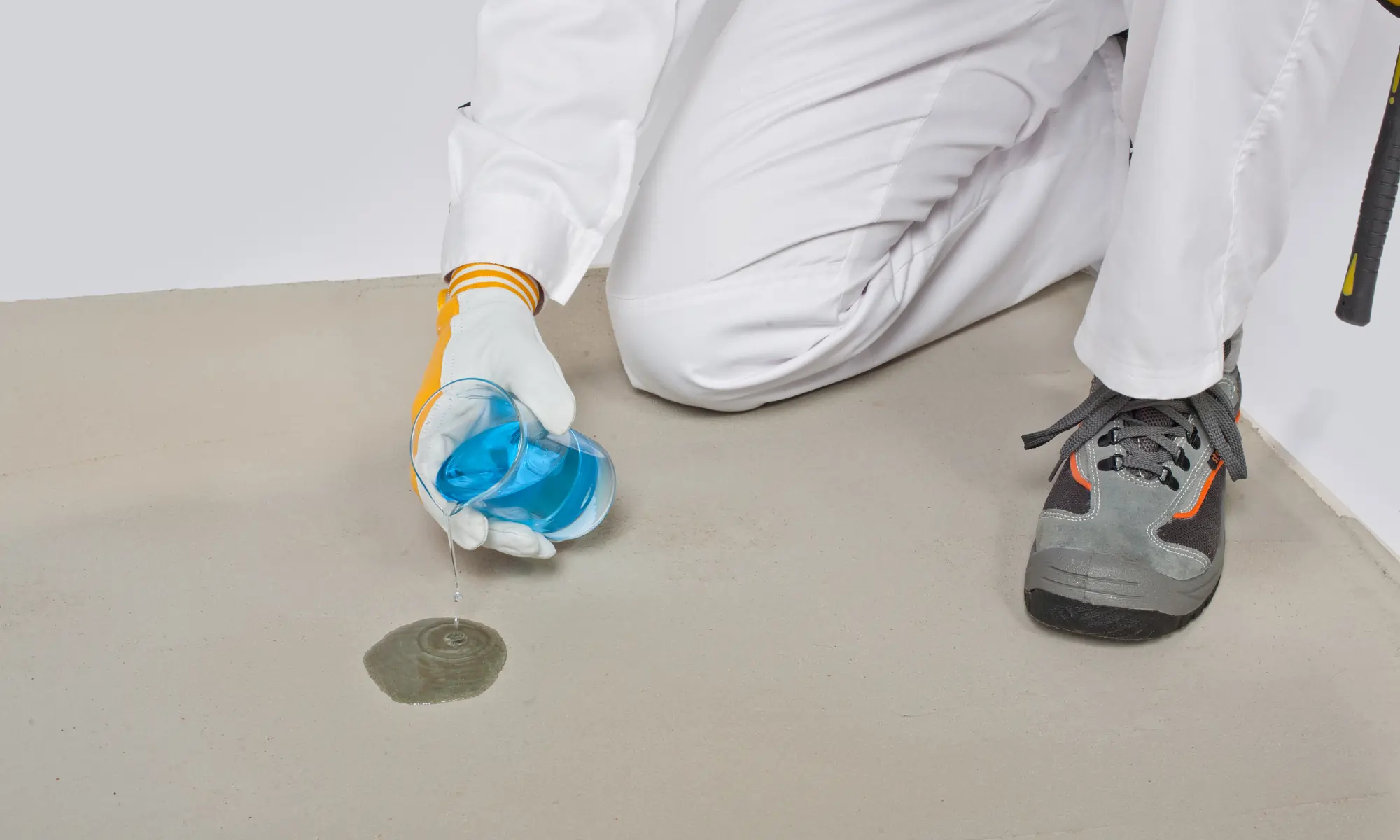Introduction to Cement Fitness Testing
Table of Contents
Toggle- Introduction to Cement Fitness Testing
- Significance of Fitness Testing Factors
- Compressive Strength Test: Measuring Axial Load Bearing Capacity
- Fineness: Impact on Hydration and Rheological Quality
- Setting Time: Controlled Examination for Solidification Duration
- Soundness Test: Assessing Volume Retention and Structural Durability
- Implications of Fitness Test Results in Construction Programs
Cement fitness testing is a critical procedure in determining the suitability of the material for construction projects. This comprehensive testing involves various factors, each contributing to the overall quality and effectiveness of cement in construction work.
Significance of Fitness Testing Factors
The fitness test includes multiple factors, each playing a pivotal role in evaluating cement quality:
Compressive Strength
The most critical factor for measuring the axial load-bearing capacity of cement is the compressive strength test. This test involves applying loads to cylindrical samples to ascertain the structural strength of the material.
Fineness
Fineness, the second crucial characteristic, relates to the particle makeup of cement. Finer cement, due to faster hydration, affects setting time and impacts the rheological quality of the concrete mixture.
Setting Time
The time-setting test, conducted under controlled examination, reveals the duration taken by cement paste to solidify. The material’s strength of elasticity is vital in many building projects as it ensures the material meets specifications.
Soundness
The soundness test measures the cement’s ability to retain volume after setting. Undetected expansion, if present, can lead to fissures and reduce the durability of the structure.
Compressive Strength Test: Measuring Axial Load Bearing Capacity
The compressive strength test is a critical evaluation of cement, determining its ability to withstand axial loads. This process involves applying loads to cylindrical samples, providing insights into the material’s structural integrity.
Fineness: Impact on Hydration and Rheological Quality
Fineness is a crucial characteristic that influences the particle size distribution of cement. Finer cement hydrates more rapidly, impacting setting time and the rheological quality of the concrete mixture.
Setting Time: Controlled Examination for Solidification Duration
The setting time test involves a controlled examination to determine the duration taken by cement paste to solidify. This property is vital in ensuring the material’s strength of elasticity meets project specifications.
Soundness Test: Assessing Volume Retention and Structural Durability
The soundness test evaluates the cement’s ability to retain volume after setting. This test is crucial in assessing potential expansion that could lead to fissures and compromise the long-term durability of the structure.
Implications of Fitness Test Results in Construction Programs
The results of fitness tests have direct implications for construction programs, influencing stability, workability, and long-term durability:
Structural Stability
The compressive strength test ensures whether the expected loads would compromise the structure, providing stability assurance.
Workability
Workability is influenced by fineness and setting time tests, ensuring the ease of placeability and finishing of the concrete mix.
Long-term Durability
The soundness test becomes important in measuring structural integrity, especially over the long term. Cement that maintains its volume tends not to crack nor deteriorate.
.




